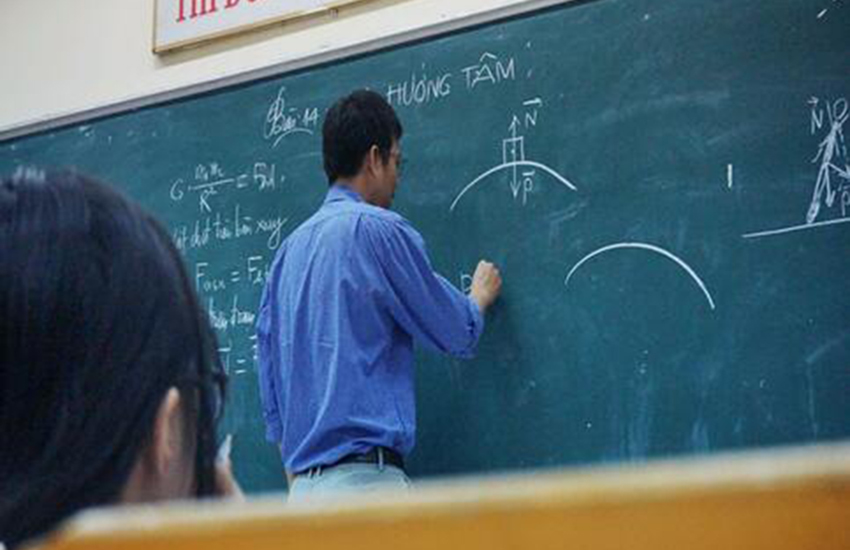- Call Us9955301256, 6207162151
- Student Login
In order to capture the full range of abilities and talents that people possess, Gardner theorizes that people do not have just an intellectual capacity, but have many kinds of intelligence, including musical, interpersonal, spatial-visual, and linguistic intelligences.
While a person might be particularly strong in a specific area, such as musical intelligence, they most likely possesses a range of abilities. For example, an individual might be strong in verbal, musical, and naturalistic intelligence.


New teaching methodologies are changing the educational environments around the world and driving better academic performance among students. We go over some of the main innovative approaches that educators have forged over the last few years and that every 21st century teacher should be acquainted with.
Flipped Classroom
One of the modern methodologies that has gained more popularity in recent years, Flipped Classroom is a pedagogical approach in which the traditional elements of the lesson taught by the teacher are reversed – the primary educational materials are studied by the students at home and, then, worked on in the classroom.
Project-Based Learning
Competency-Based Learning (CBL) represents a set of strategies to achieve this.
Through assessment tools such as rubrics, teachers can go through the academic curriculum without significant deviations but focusing it in a different way, putting into practice real examples and, thus, transmitting to their students a more tangible dimension of the lessons.
Professional Development Programme We at GJPS believe that learning is an ongoing process. All our teachers undergo comprehensive training and induction programmes to enable them to learn new techniques, hands-on activities, experiments etc to implement in their classrooms. Various enriching workshops and induction programmes were held in the months of April & May. GJPS Society conducted induction programmes for our teachers so that they could gain practical hands on experience and acquaint themselves with the prevailing systems and teaching methodologies being practiced in Gyan Jyoti Public School. Our teachers also underwent training sessions conducted by GJPS team.